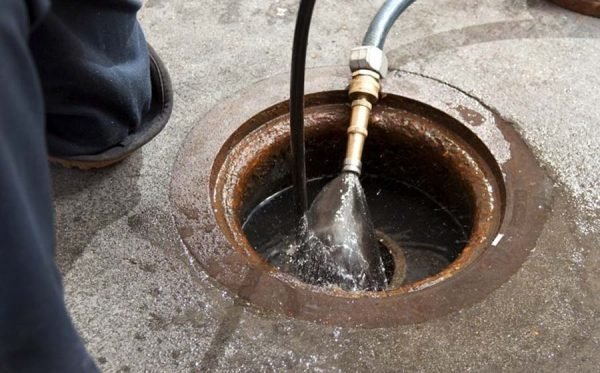In the field of Heating, Ventilation, and Air Conditioning (HVAC), managing fluids efficiently is critical to system performance and longevity. This includes not only the refrigerants central to HVAC operation but also the handling of condensate and other liquid byproducts. Modern techniques in HVAC fluid control utilize innovative technologies and strategies to ensure systems operate efficiently, remain environmentally friendly, and provide optimal indoor air quality and comfort. Here’s a detailed look into these techniques and their practical applications.
Table of Contents
Understanding HVAC Fluid Dynamics
Fluid dynamics in HVAC systems involve more than just the circulation of cool and warm air. They encompass the management of various fluids, including refrigerants and water produced during the air conditioning process.
The Role of Refrigerants
Refrigerants are substances used in a heat pump and refrigeration cycles. In most cycles, it transitions from a gas to a liquid and back again. This cycle is vital for air conditioning systems to produce cooling effects. The choice of refrigerant, its handling, and its recovery are governed by strict regulations due to environmental considerations, particularly their potential effects on ozone depletion and global warming.
Managing Condensate
The process of cooling air often produces condensation, which must be effectively managed to prevent system inefficiencies or damage. Properly designed and maintained drainage systems, along with reliable airconditioning condensate pumps, play a pivotal role in controlling this aspect of HVAC fluid dynamics. These pumps actively remove the collected water from the air handling units to a designated drain, thus preventing overflow and potential water damage to the building structure or indoor environment.
Advanced Fluid Control Technologies
As HVAC systems have evolved, so have the technologies for controlling and managing the fluids they use. These advancements aim to enhance efficiency, reduce environmental impact, and extend the lifespan of the system.
Variable Refrigerant Flow (VRF) Systems
VRF systems are a smart solution in modern HVAC technology, allowing for precise temperature control by varying the flow of refrigerant to different areas of a building. This adaptability not only improves comfort but also increases energy efficiency by providing the exact amount of cooling needed at any given time.
Smart Condensate Pumps
Modern airconditioning condensate pumps are equipped with sensors and automated controls that can detect the presence of condensate water and activate the pump only when necessary. This smart technology prevents energy wastage, extending the pump’s lifespan and reducing the need for maintenance.
Automated Fluid Monitoring Systems
These systems continuously monitor the levels and pressures of fluids within HVAC systems, providing real-time data that can be used to optimize performance. Alerts can be set up to inform technicians of low refrigerant levels or potential leaks, which can be addressed before they cause system inefficiencies or failures.
Energy Efficiency and Sustainability
In response to global demands for greener solutions, modern HVAC systems are designed to be more energy-efficient and have a lesser environmental impact.
Eco-Friendly Refrigerants
The shift towards using refrigerants that have a lower Global Warming Potential (GWP) is an important part of modern HVAC designs. These refrigerants contribute less to global warming compared to their traditional counterparts.
Heat Recovery Systems
Heat recovery technologies allow HVAC systems to reuse the heat absorbed in the cooling process. This can be particularly effective in environments where simultaneous heating and cooling are required, such as in large multi-zone buildings, reducing overall energy consumption.
Installation and Maintenance Best Practices
Proper installation and regular maintenance are crucial to ensuring that modern HVAC fluid control technologies perform optimally and sustainably.
Professional Installation
Correct installation by qualified professionals ensures that HVAC systems are set up according to manufacturer specifications and industry standards. This includes proper placement and calibration of fluid control devices like condensate pumps and refrigerant flow regulators.
Regular Maintenance
Routine check-ups and maintenance ensure that all aspects of the HVAC fluid control system are operating efficiently. This includes checking for refrigerant leaks, ensuring condensate pumps are clear of blockages, and verifying that automated systems are functioning correctly.
The Future of HVAC Fluid Control
The future of HVAC fluid control looks promising with continuous advancements in technology aimed at increasing efficiency, reducing environmental impact, and improving user comfort. As these systems become more sophisticated, the role of HVAC professionals is becoming increasingly complex and vital. Staying abreast of these modern techniques and technologies is crucial for those in the field, ensuring they can provide the best solutions for both new installations and upgrades of existing systems. With these developments, HVAC systems are set to become even more integral to creating sustainable and comfortable indoor environments.





